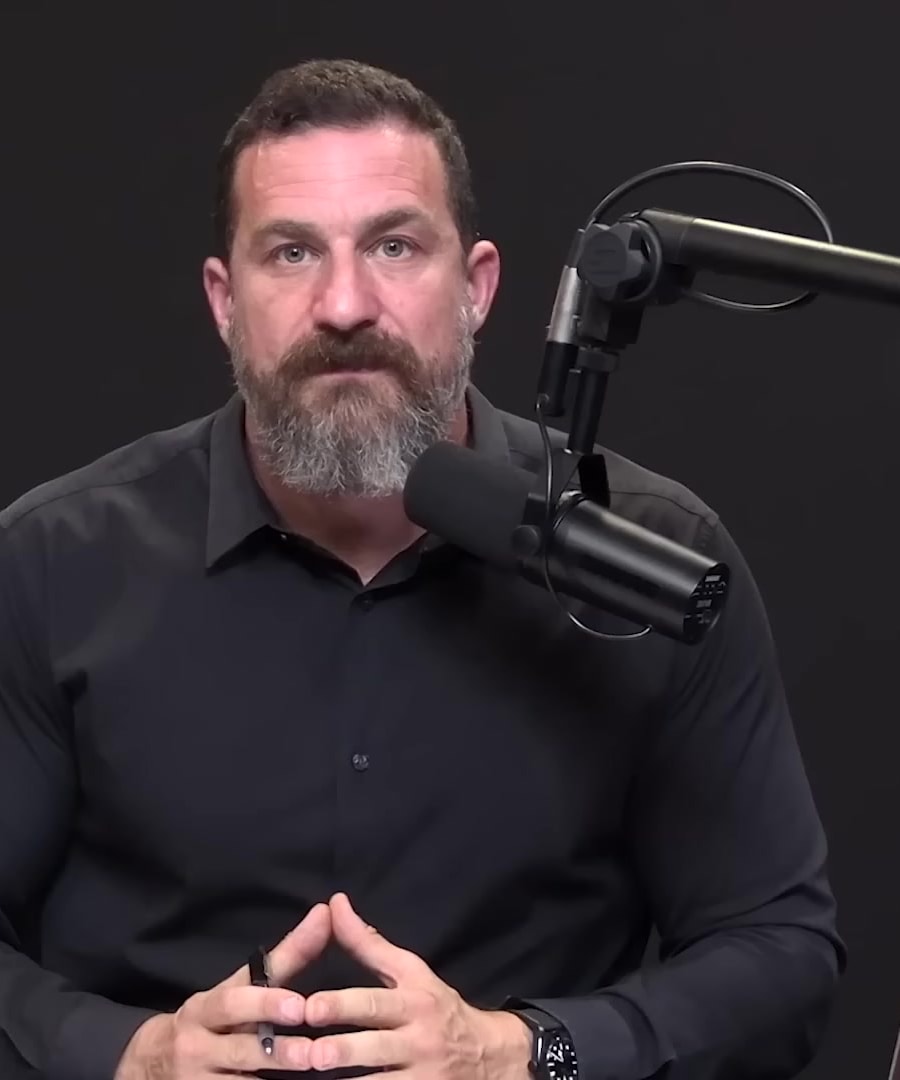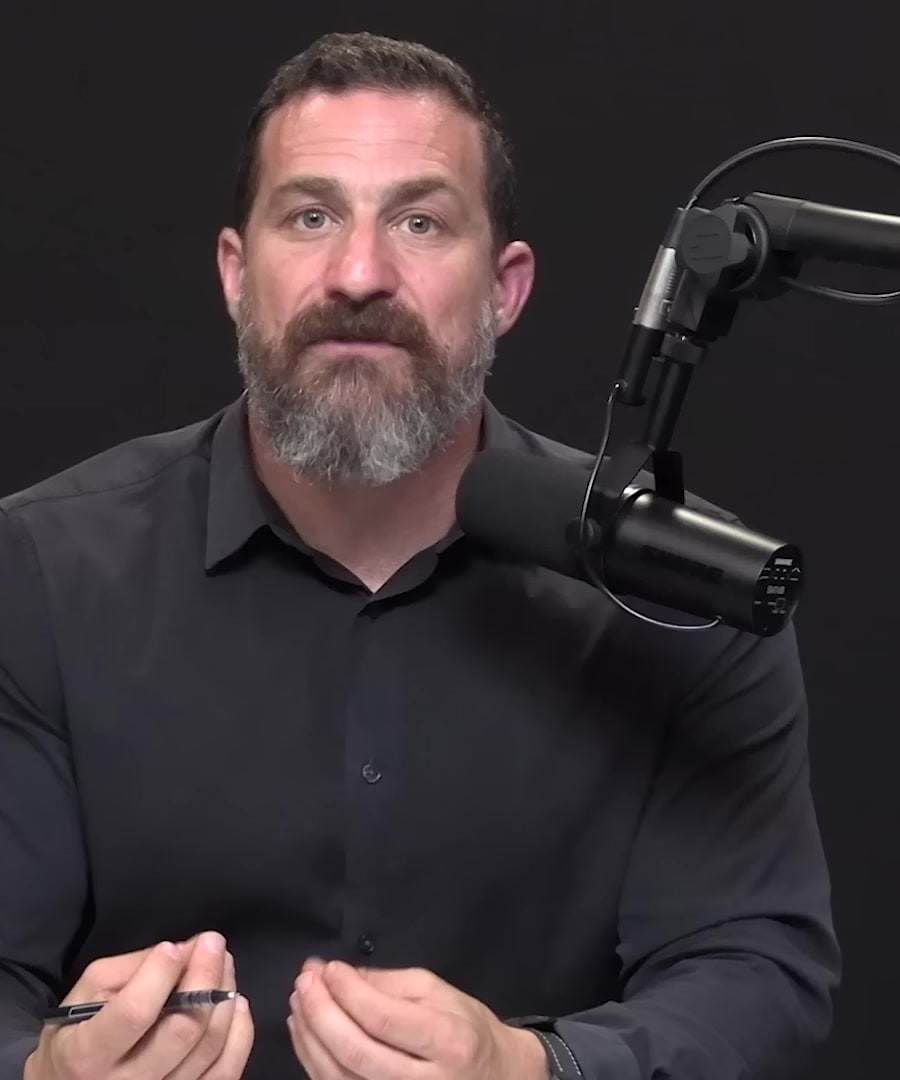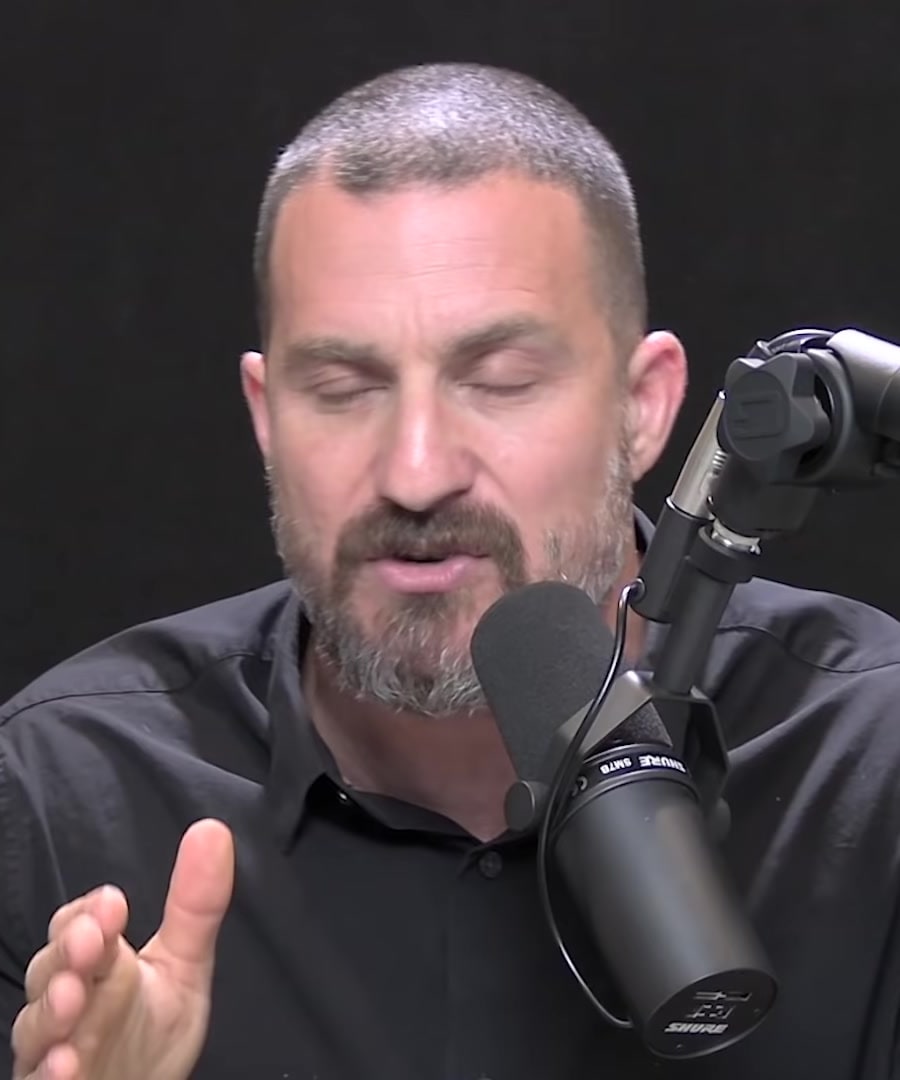Best protocols for reducing anxiety
Sources:
For reducing anxiety, the suggests the following protocols:
-
Journaling: Writing about stressful or traumatic events can lead to improvements in both mental and physical health. Regular practice of this written disclosure has been shown to reduce anxiety and improve sleep quality as well as chronic pain conditions like fibromyalgia 1.
-
Breathing Exercises: Calming breathing patterns, specifically the physiological sigh, have been discussed for reducing anxiety and improving mood. These consist of double inhales followed by a long exhale and can be done cyclically for about five minutes per day to positively influence mental health and autonomic function 2.
-
Hypnosis: The app Reveri offers a range of hypnosis sessions that have been scientifically validated to help reduce anxiety as well as improve focus and sleep quality. Hypnosis can increase brain plasticity and help teach your brain how to access focused, relaxed states 3.
-
Nonsleep Deep Rest (NSDR) Protocols: NSDR protocols, such as yoga nidra and meditation, can help alleviate anxiety and facilitate better sleep. These practices use the body to shift the mind into a calmer state, enabling the activation of the parasympathetic nervous system 4.
-
Exposure to Short-term Stress: Interestingly, the podcast also discusses a study where repeated exposure to short-term stress actually resolved the effects of chronic stress in mice. Although these findings are preliminary and based on animal models, the implications suggest that carefully controlled exposure to stress could play a role in resilience against chronic anxiety 5.
It's important to note that mental health and stress management are complex issues and what works for one person might not work for another. It’s recommended to consult a healthcare provider before starting any new health regimen.
RELATED QUESTIONS-
Best protocols for reducing anxiety
- RELATED QUESTIONS




